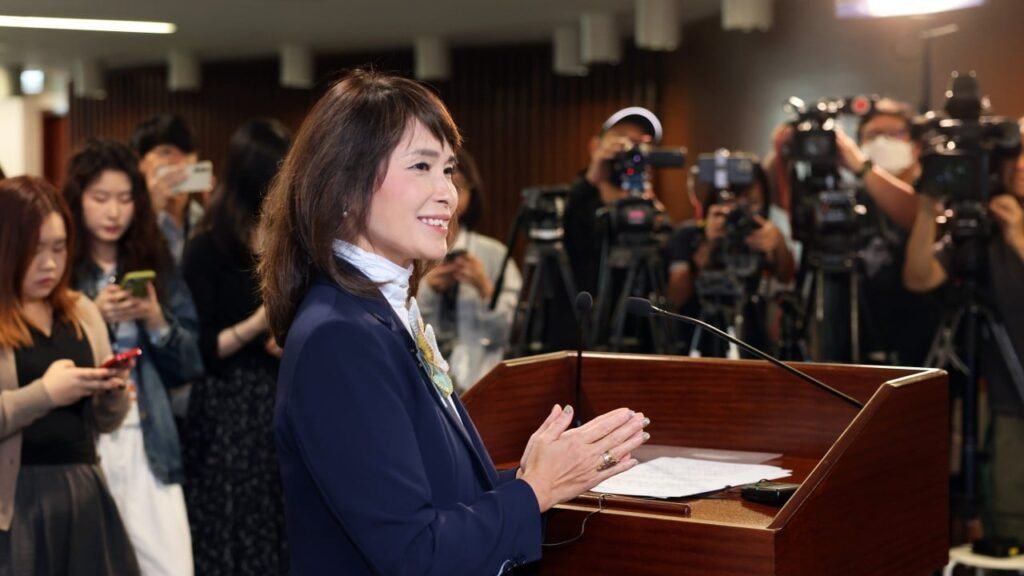
Family offices are becoming central to sustaining successful multigenerational legacies.
getty
In Deloitte Private’s latest release, Defining the Family Business Landscape: The Family Business Insights Series, the research highlights a crucial insight: family offices are one of the keys to sustaining a successful multigenerational legacy.
While the report focuses primarily on family businesses and enterprises, its findings underscore how family offices play an increasingly central role in enabling families to thrive across generations. The global family business sector itself continues to show immense potential, with revenues projected to rise by 84% between 2020 and 2030.
Among the insights shared, Timothy Wates, Chairman of the fourth-generation Wates Group, a family enterprise with revenues over US$3 billion, emphasised that their focus is on building a modern family enterprise. This involves a highly professionalized structure that includes a well-established family office and a family council, both of which demonstrate a strong commitment to good governance practices.
This shows that a well-structured family office does far more than manage wealth, it can be an integral part of the family’s governance framework. It provides a centralised platform for managing financial assets, family investments, philanthropy, education, and succession planning. But perhaps most importantly, it bridges family’s values and its long-term strategy, ensuring that both wealth and purpose are preserved for generations to come.
From Embedded Function to Standalone Institution
As a recruitment firm that works closely with family offices. We have established a clear understanding of the development of a family office. In our Family Office Maturity Model Report we released earlier this year, we have dived deep into this journey. Historically, most family offices began as embedded functions within the broader family business, often managed by the same finance teams or trusted advisors who oversees company affairs. Most of them juggles between tasks between the operating business and the embedded family office function.
However, as families expand and wealth diversifies beyond the core operating company, this informal or embedded model often becomes insufficient. The family’s financial ecosystem grows to include wider asset classes, international investments, philanthropic ventures, and sometimes highly complex estate structures. At this stage, the family office must evolve into a standalone entity, one that operates with the same rigor, governance, and professionalism as an institutional investment firm.
Transitioning to a professionalized family office is a process that involves:
- Establishing robust governance structure: Creating a clear structure with defined roles, accountability, and reporting mechanisms.
- Hiring professional talent: Bringing in experienced investment managers, accountants, and legal advisors who complement the family’s vision with technical expertise.
- Implementing institutional processes: Adopting risk management frameworks, investment policies, and compliance standards akin to those in leading investment firms.
“In an era of rapid change, families that invest in structured governance and professionalized family office operations are better equipped to navigate complexity, manage risk, and seize opportunities.”, said Tayyab Mohamed, Co-founder of Agreus. As Deloitte’s findings suggest, those who view their family office as a core component of family governance, will be best positioned to achieve enduring multigenerational success.
For more insights on the journey to professionalize your family office, please visit our website for The Family Office Maturity Model.







